People not fully conversant with autonomous drive technology yet
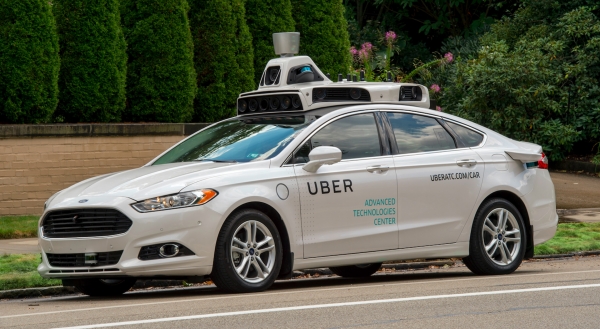
According to a new study, published inthe Journal Transportation, people are not yet familiar with using autonomous drive technology.
The study was conducted in the U.S. and showed that despite most people would rather use a ride-hailing service (e.g. Uber) they wouldn't select an autonomous vehicle over driving a car.
Researchers from the University of Washington conducted a survey asking 502 people whether they prefer driving a car or using a ride-hailing service for a 24-kilometer trip. For half of the group, theride-hailing service was an autonomous vehicle. The main parameters involved in the selection was the travel time, the cost of the trip, the amount of waiting time and the activity.

As shown in the figure above, the research team incorporated 2 parameters in their analysis, time and money. In particular, the time parameter was converted into a certain amount of money to derive the total cost of each transportation method. Therefore, the ranking of its driving choice is interpreted in terms of money. “The idea here is that time is money, so the overall cost of driving includes both the direct financial costs and the monetary equivalent of time spent traveling,” Don MacKenzie, co-author of the study and Associate Professor of Civil and Environmental Engineering at the University of Washington, stated.
The results of the investigation showed that people considera current ride-hailing service to be 13% cheaper than using their own cars. However, in the case of autonomous ride-hailing service, the cost of a route was 15% more than self-driving. The findings suggest that people prefer driving their own car than riding a driverless vehicle.
The combined amount of cost for using the 3 modes of transport (Current ride-hailing services, autonomous ride-hailing services and personal driving) in terms of money were the following:
- Current Ride-hailing: $21/h
- Personal car: $25/h
- Driverless Ride-hailing: $28/h
The consequences of the study are crucial. In general, it was assumed that a ride-hailing service would be used equally whether there is a human driver or not. However, there is a psychological factor that affects people's choice and this should be considered in any future plans concerning autonomous systems. According to Prof. MacKenzie, people are not yet familiar with these vehicles as they are not commercial yet.“We believe that our respondents are telling us that if they were riding in an automated vehicle today, they would be sufficiently stressed out by the experience that it would be worse than driving themselves,” Prof. MacKenzie stated.
Source:University of Washington
Source: University of Washington
Want to read more like this story?

Unpiloted vehicles can reduce congestion by more than 35%
Jun, 13, 2019 | NewsA new study shows that unmanned vehicles operating together can reduce traffic by more than 35%....
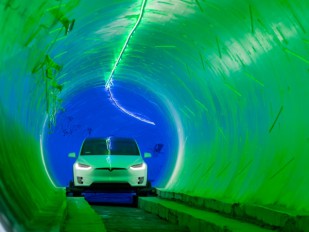
Elon Musk introduces underground transportation breakthrough
Jan, 07, 2019 | NewsElon Musk, CEO of Tesla Motors, has invented a futuristic solution to end urban traffic. 2 years...
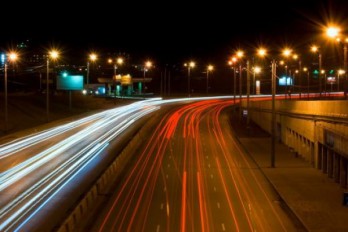
The future in transportation is called connected vehicle!
Feb, 12, 2015 | NewsThe U.S. Department of Transportation has recently published a video with a revolutionary technology...
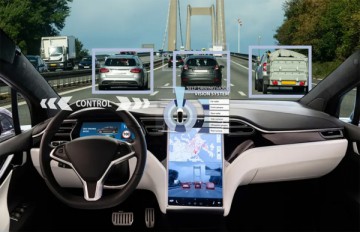
Automobile technological features save $6.2 billion annually
Jan, 09, 2019 | NewsThe first study to evaluate the effects of smart technologies on fuel consumption shows that a remar...

Scaffolding collapse in Reading: At least 3 people injured
Aug, 02, 2019 | NewsAt least 3 people were injured and more may be trapped under the rubble after a scaffolding collapse...
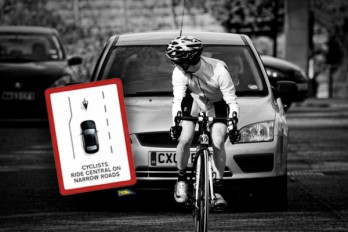
The impact of bicycles on the velocity of motor vehicles
Jun, 12, 2020 | NewsAccording to a new study, the presence of bicycles on roads that do not have bicycle lanes does not...

Saudi Park Closed After 360 Big Pendulum Ride Crashes to Ground, 23 injured
Aug, 06, 2025 | NewsA serious mechanical failure occurred last week at Green Mountain Park in Taif, Saudi Arabia, when...
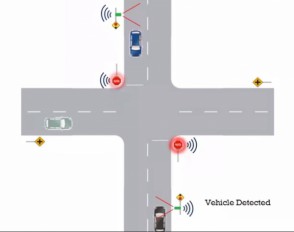
Self-powered thermal system to improve road safety
Mar, 22, 2019 | NewsA brand-new self-powered thermal device that will alert motorists for potential dangers is being tes...
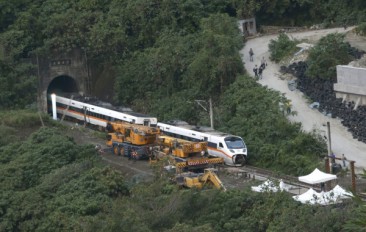
Train derails into a tunnel in Taiwan: 50 people dead
Apr, 12, 2021 | News50 passengers have been reported dead and numerous more injured after a train derailed into a tunnel...
Trending
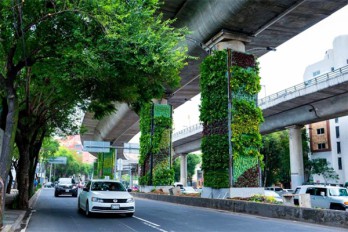
Vertical gardens in Mexico City to combat pollution

Characteristics of Load Bearing Masonry Construction

Taipei 101’s impressive tuned mass damper

Dutch greenhouses have revolutionized modern farming

Steel Arch Bridge Fails During Construction in China Claiming 12 Lives

Federal court rules Biden’s offshore drilling ban unlawful


